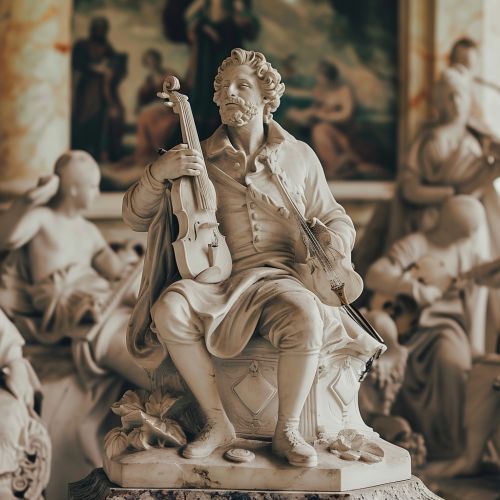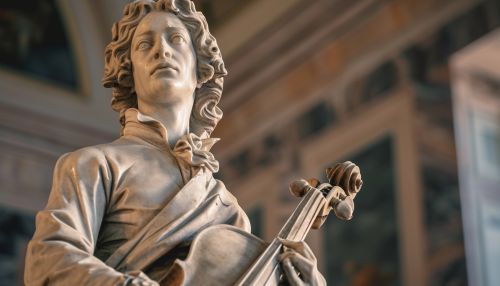Antonio Vivaldi
Early Life
Antonio Lucio Vivaldi was born on March 4, 1678, in Venice, Italy. His father, Giovanni Battista Vivaldi, was a professional violinist who played at St. Mark's Basilica. Vivaldi's early exposure to music was likely through his father, who may have been a significant influence on his career as a composer and violinist.
Education and Ordination
Vivaldi began his musical education at a young age under the guidance of his father. In 1693, at the age of 15, he began studying to become a priest. He was ordained in 1703, earning him the nickname "The Red Priest" due to his red hair. However, Vivaldi's health prevented him from delivering mass, and he chose to focus on his music career instead.
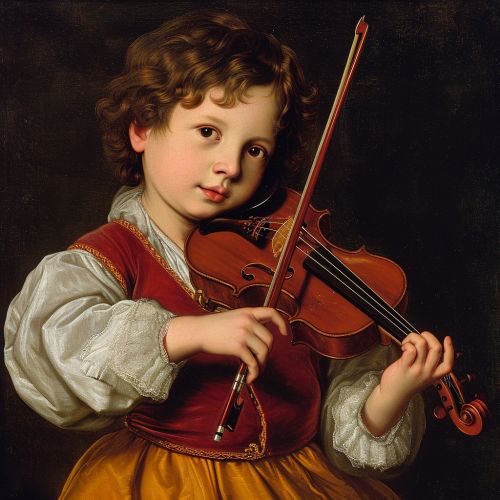
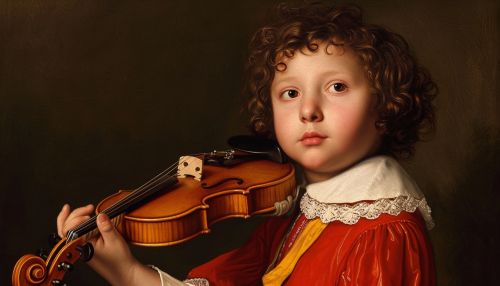
Career in Music
Vivaldi's career in music began in earnest in 1703 when he became a violin teacher at the Ospedale della Pietà, a home for abandoned children in Venice. Here, he composed many of his major works, including concertos, sonatas, and sacred music.
Concertos
Vivaldi is perhaps best known for his concertos, particularly his violin concertos. His most famous work, The Four Seasons, is a set of four violin concertos that depict scenes from each of the four seasons. Each concerto is accompanied by a sonnet, possibly written by Vivaldi himself, that describes the scenes the music is intended to evoke.
Operas
In addition to his concertos, Vivaldi was a prolific opera composer. He is believed to have composed over 40 operas, although only about 20 of them have survived in their entirety. His operas were popular during his lifetime and were performed throughout Italy.
Sacred Music
Vivaldi also composed a significant amount of sacred music. His sacred works include the Gloria in D major, which remains one of his most popular works in this genre.
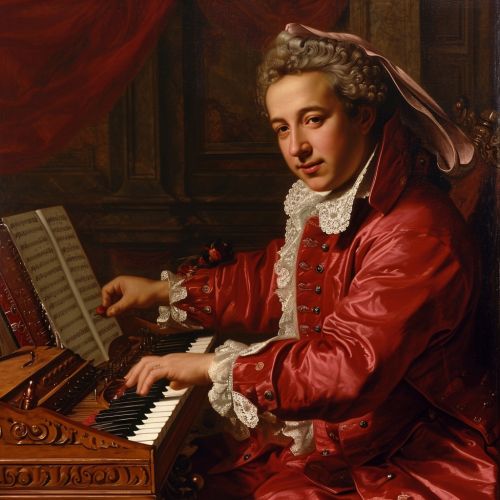
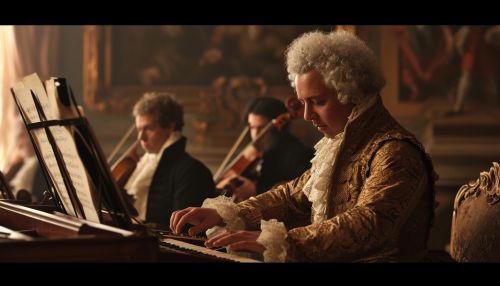
Later Life and Death
In the later years of his life, Vivaldi's popularity began to wane. He moved to Vienna in 1740, hoping to find employment under the patronage of Charles VI, but the emperor died shortly after Vivaldi's arrival. Vivaldi died of an internal infection on July 28, 1741, in Vienna. He was buried in a simple grave after a funeral service that proceeded without music.
Legacy
Vivaldi's music fell into obscurity after his death, but it was rediscovered in the early 20th century. Today, he is regarded as one of the greatest Baroque composers, and his influence can be seen in the works of many later composers, including Johann Sebastian Bach. His music is still widely performed and recorded today.
